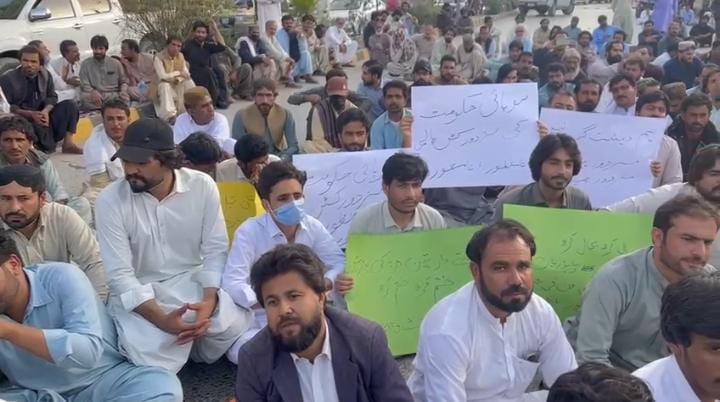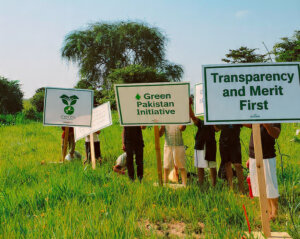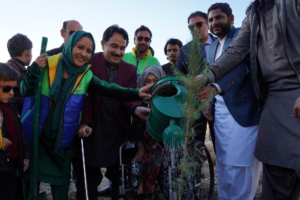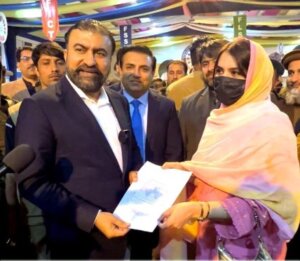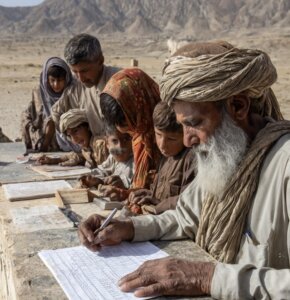Editorial:
Quetta— In a powerful show of solidarity, a large number of people from Balochistan’s impoverished border districts gathered outside the Balochistan Assembly on Monday, calling on the government to open trade routes with Iran and Afghanistan. Facing persistent economic hardships, protesters emphasized that unrestricted trade is essential for their survival, with many families relying solely on border commerce for income.
Prominent leaders joined the protest, including Asad Baloch of the Balochistan National Party (BNP) Awami, Zabit Reki from Jamiat Ulema-e-Islam (JUI), and Jamaat-e-Islami’s (JI) Maulana Hidayat ur Rehman, all underscoring the urgency of this demand.
“Free trade is not just a policy issue here; it’s a matter of livelihood,” stated Asad Baloch. “We are with our people in calling for their right to work and live with dignity.”
Provincial ministers Mir Sadiq Umrani, Mir Zahoor Buledi, and Saleem Khan Khoso also attended, pledging to champion the cause within government corridors. Minister Umrani expressed his commitment, saying, “We will advocate tirelessly for the trade rights of our people,” while Buledi assured that the issue would be prioritized in upcoming assembly sessions.
Balochistan’s border regions have long endured the highest rates of poverty, unemployment, and hunger in Pakistan, a situation exacerbated by limited economic options and restrictive trade policies. Allowing free border trade with Iran and Afghanistan, protesters argued, is not merely a solution but a lifeline, and they urged the government to address these deep-rooted economic issues.
With Balochistan ranking highest in poverty across the nation, ignoring the demands of these border residents risks further entrenching these historical challenges. Protesters called for decisive government action, stressing that without open trade, their struggles will only deepen. For Balochistan, they argued, it is time to move beyond restrictive policies and enable sustainable economic growth for its most vulnerable communities.
